January 2018
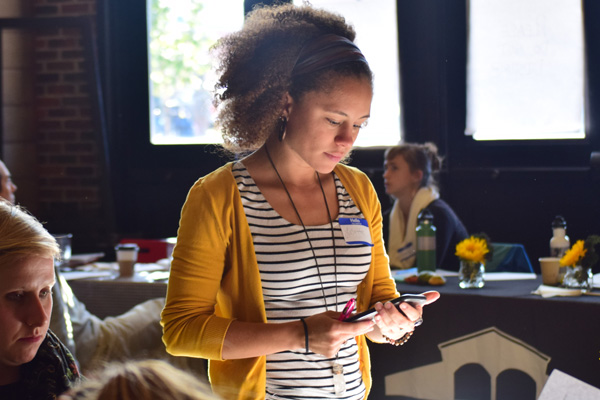
Wallace Center at Winrock Launches Food Systems Leadership Network
January 25, 2018
LITTLE ROCK, Ark. — January 25, 2018 — The Wallace Center at Winrock International is excited to announce the launch of the Food Systems Leadership Network (FSLN). Through an online platform and offline programs, this Community of Practice empowers and connects nonprofit organizations and staff working to transform their communities through food. FSLN fosters the […]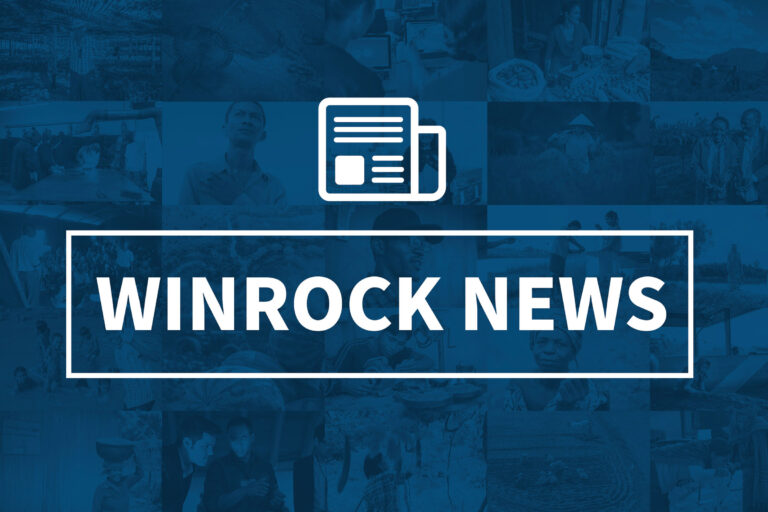
Burmese Ginger Farmers Go ‘All Natural’
January 18, 2018
U Aye Hlaing had never tried it before, but after seeing healthy green stalks of ginger shooting up from partially shaded, naturally composted soil at a nearby, pesticide-free ginger demonstration plot, he decided to go “all natural” with his own crop in Ale Chaung Village, southern Shan. He planted an acre of ginger seed, spacing […]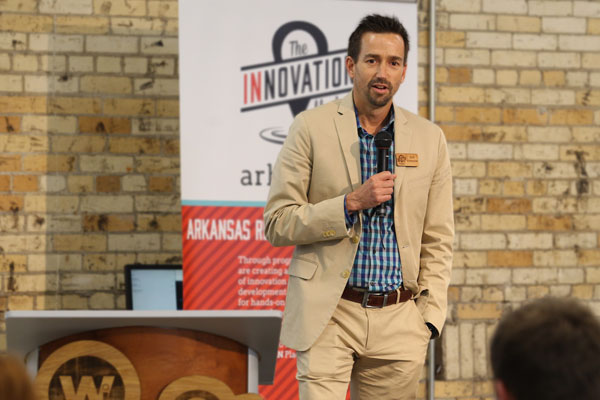
Winrock, Heart Hospital, UAMS Team Up For Health Care Accelerator
January 9, 2018
January 9, 2018 —Winrock International, Arkansas Heart Hospital, the University of Arkansas for Medical Sciences (UAMS), and BioVentures today announced that they are collaborating to extend and expand Health InnovatAR, a program that supports and accelerates the development of new startup companies with innovative solutions to improve health care delivery in Arkansas. “Arkansas Heart Hospital […]
Aditi’s Rescue
January 8, 2018
Over a half million Bangladeshis are thought to live in modern-day slavery. One of them was Aditi, who was trafficked when she was 19. It could have been the end of her story. Instead, it was the beginning. USAID’s Bangladesh Counter Trafficking-in-Persons project gave her the support she needed to make a new life for […]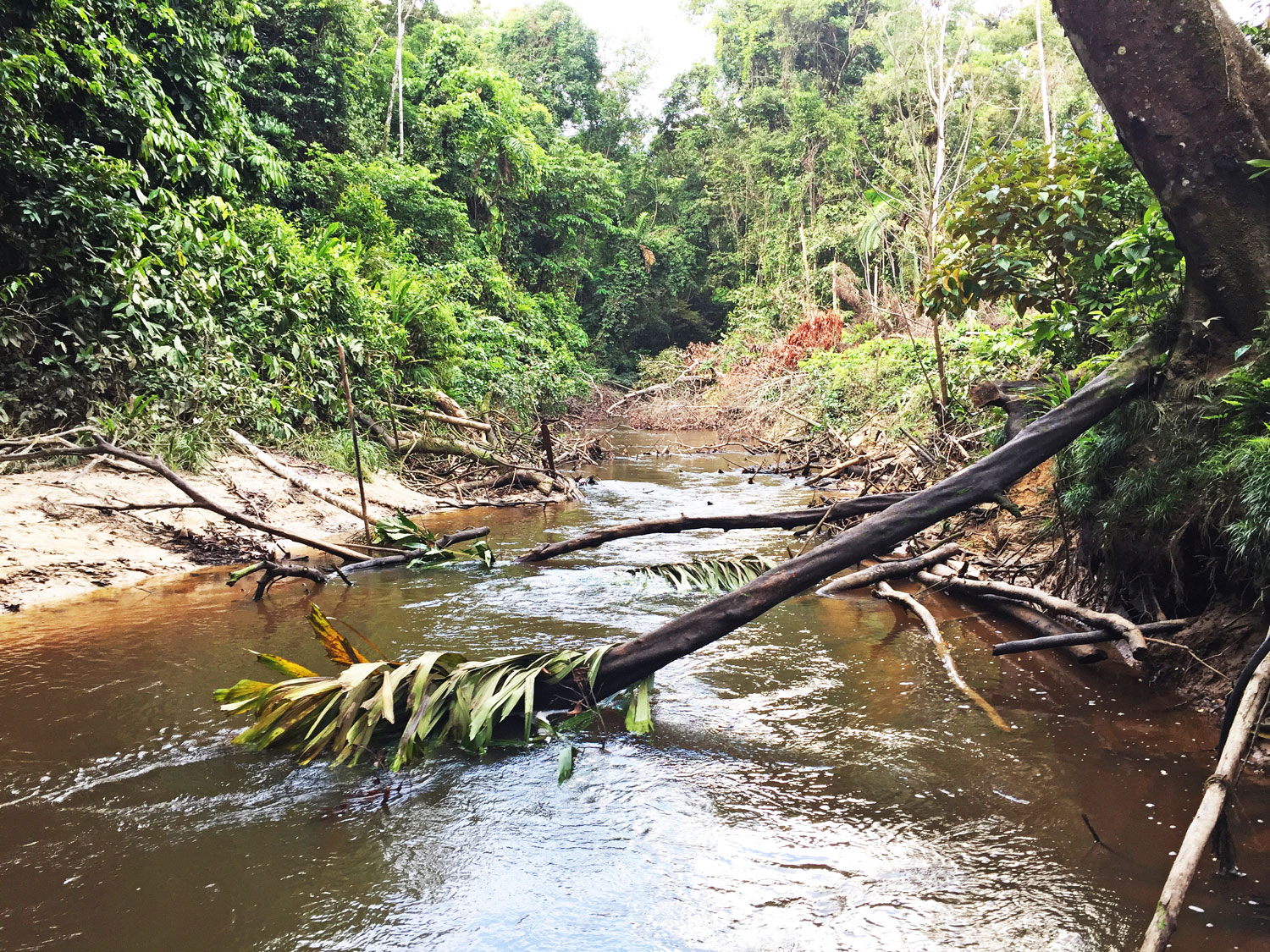
The Log Blog
January 8, 2018
By Gabriel Sidman, Spatial Analyst When a tree falls in the forests of Colombia, it does make a sound — a loud one — but only for a moment. The sound starts with the monotonous drone of a chainsaw, cutting the thinnest of wedges near the base of the tree, followed by a piercing crack […]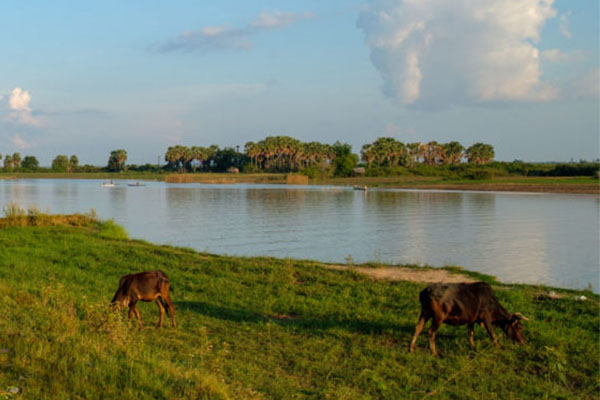
Unseen and Unrecognized: Allocating Water to Nature in River Systems
January 3, 2018
Water for nature is too often sidelined in discussions around built water infrastructure development and subsequent water allocation needs. With increasing demands for food and energy production from a growing global population, many countries look to engineered solutions to bring them water, food and energy security. When we introduce multiple demands on a natural system, […]